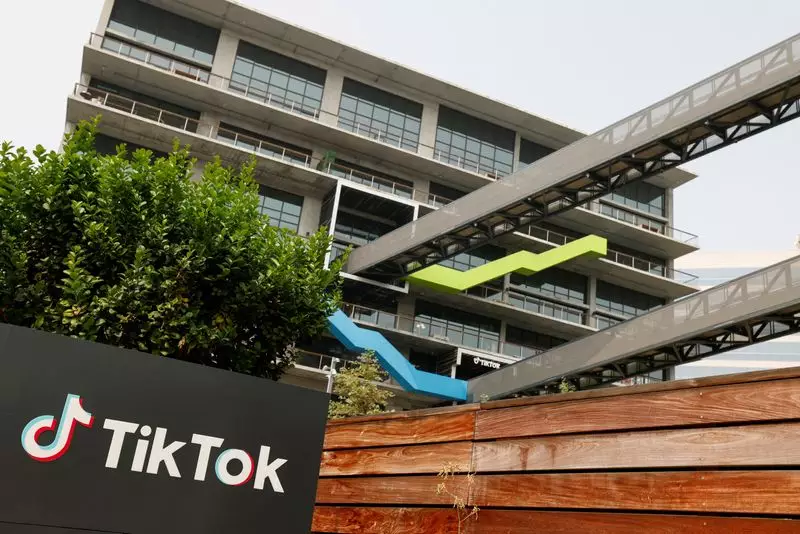In a surprising turn of events, President-elect Donald Trump recently expressed an inclination to let TikTok continue its operations in the United States, at least for a temporary period. Speaking to a gathering of conservative supporters in Phoenix, Arizona, Trump highlighted the platform’s role in his campaign success, noting the billions of views his content garnered. His comments signal a softer approach toward the app, despite the backdrop of mounting national security concerns raised by lawmakers regarding its Chinese parent company, ByteDance.
The crux of the issue lies within the broader debate about American security versus the potential business benefits of retaining popular platforms like TikTok. The U.S. Senate moved to require ByteDance to divest TikTok, claiming that the app could compromise the personal data and privacy of American users. However, Trump’s enthusiastic remarks suggest a dichotomy between political necessity and practical strategy. This raises questions about the feasibility of reversing a legislative mandate aimed at the app’s exit.
As the legal proceedings unfold, TikTok has found itself embroiled in a significant courtroom struggle against U.S. law. The U.S. Supreme Court’s decision to hear the case becomes critical, as there is a looming possibility the app could be banned imminently. With a deadline set for January 19, just before Trump’s inauguration, the atmosphere is charged with uncertainty. If the Supreme Court ruling is unfavorable for ByteDance, TikTok’s very existence in the U.S. could change overnight.
However, even if the court rules against ByteDance, Trump must navigate the complexities of the law if he hopes to keep TikTok operational. His growing fondness for the platform highlights a potential pivot in his administration’s approach. But the question remains—how will Trump manage to overcome the bipartisan support for the divestiture order that passed overwhelmingly in the Senate?
The core of the national security argument hinges on the assertion that Chinese ownership of TikTok poses threats to American data integrity and user privacy. The Justice Department staunchly maintains this stance, which has garnered backing from a majority of U.S. lawmakers. At the same time, TikTok asserts transparency around its operations, claiming that user data is stored securely in the United States and managed by Oracle Corp. This contradiction illuminates a complex dilemma: how can policies safeguard national security while not stifling technological engagement and innovation?
Moreover, as Trump’s campaign has demonstrated, TikTok is not just a platform for social engagement but a powerful tool for political discourse. The efficacy of remaining in touch with younger demographics via social media cannot be overstated, which perhaps explains Trump’s newfound appreciation for the platform’s influence.
As the TikTok saga continues to unfold, it embodies the intersection of technology, governance, and society—each influencing the other in intricate ways. The impending Supreme Court decision will be more than a mere judicial ruling; it will signify the balance between national security concerns and the sociocultural relevance of platforms like TikTok in contemporary society.
Trump’s position might lead to a wider re-evaluation of how the U.S. perceives foreign tech entities and the regulations surrounding them. The outcome of this scenario could pave the way for future legislation that not only governs data privacy but also encourages foreign tech companies to engage transparently with American users—a dialogue that is becoming critically necessary in the era of global digital interconnectedness.

